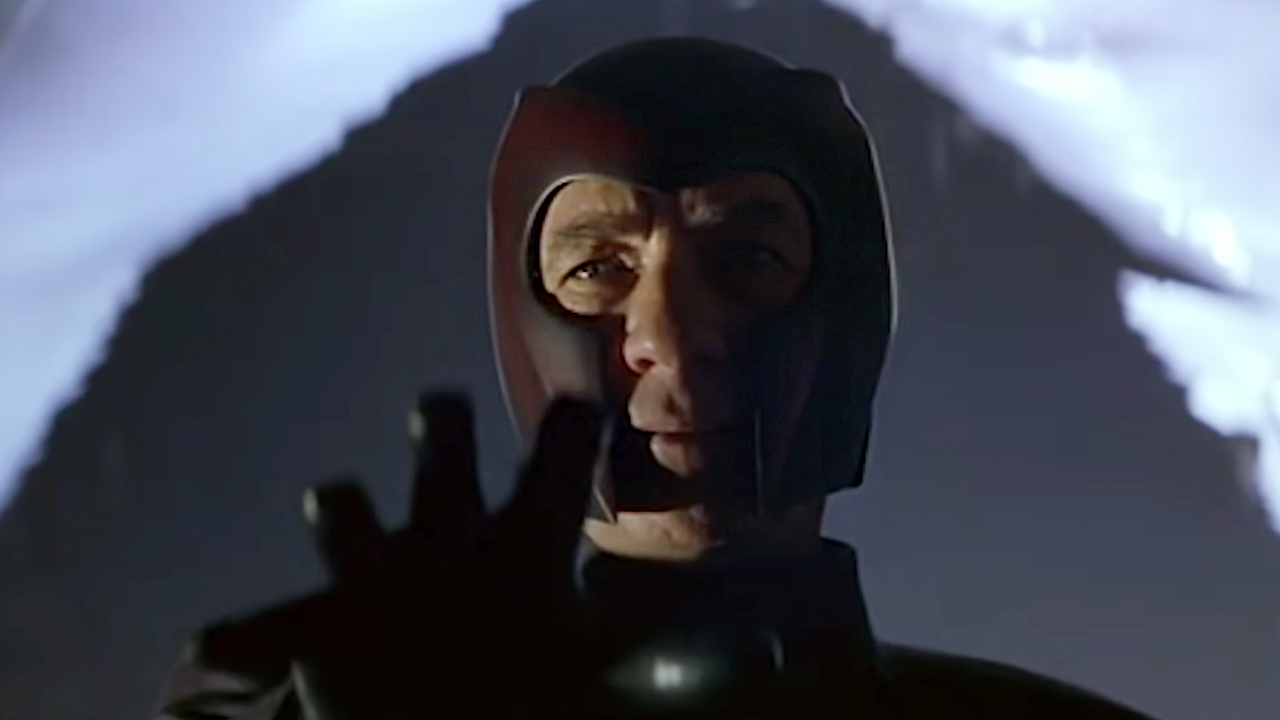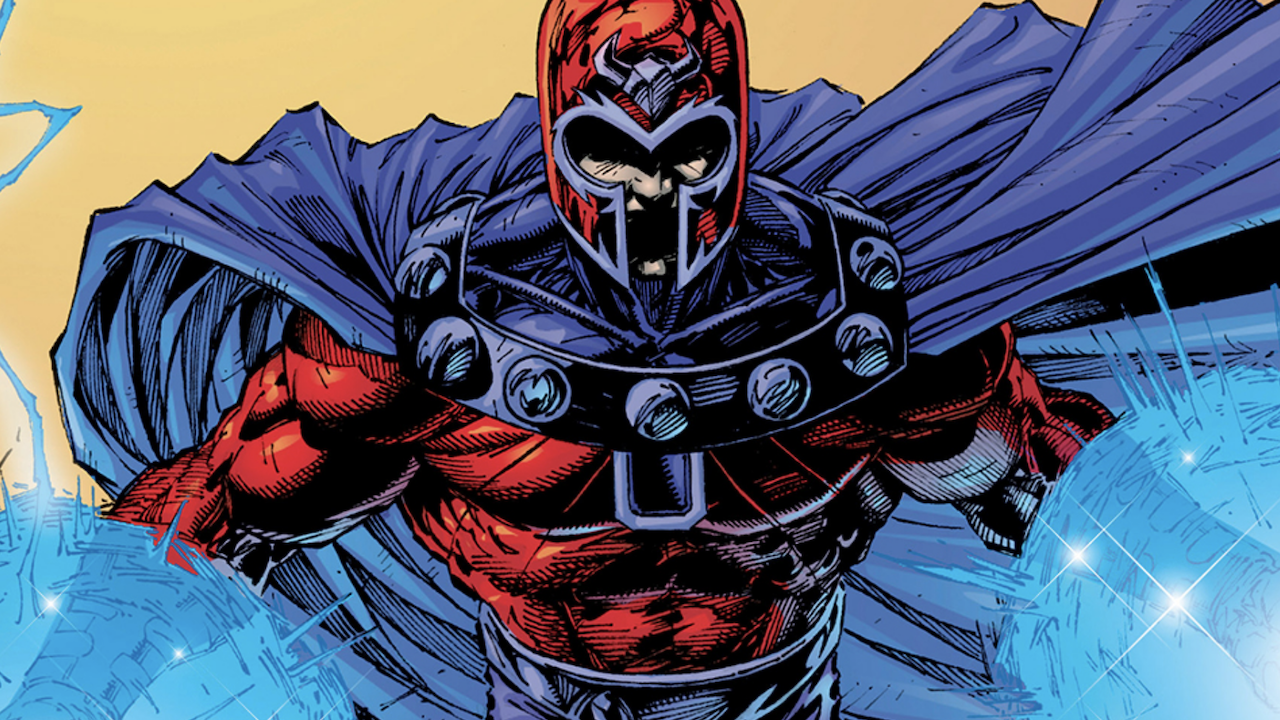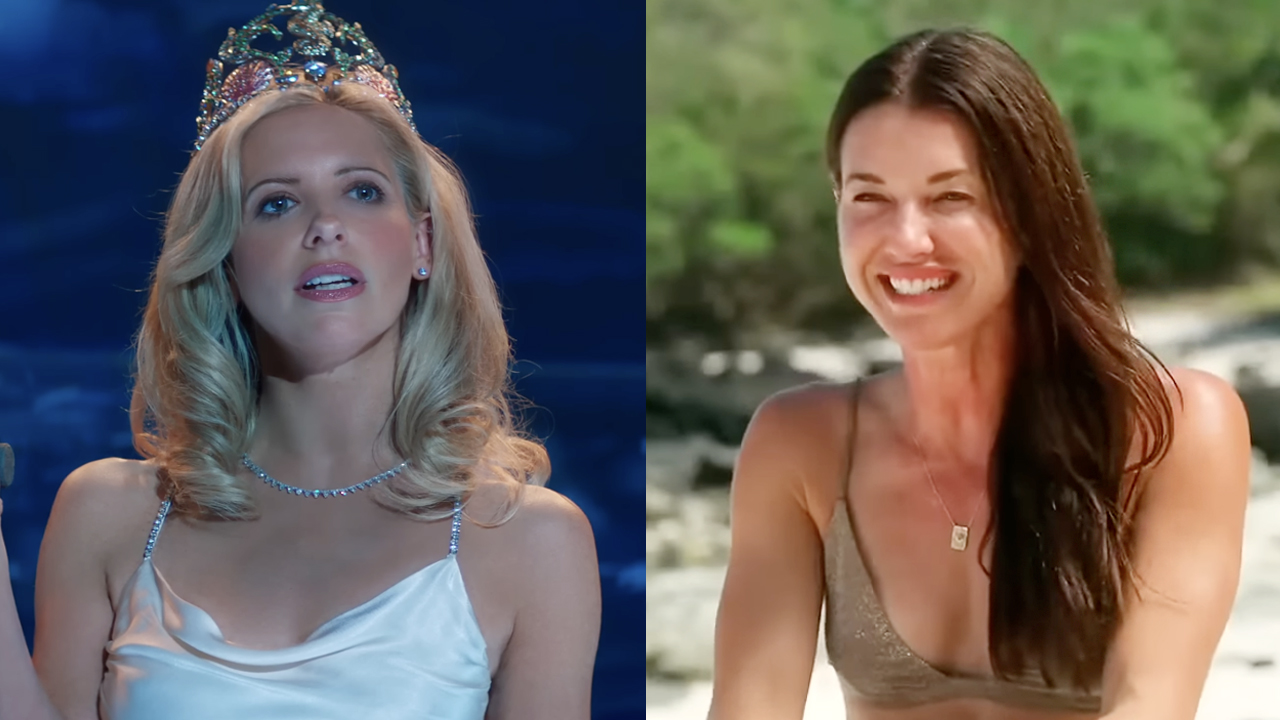Why The Heck Does Magneto's Helmet Block Professor X's Powers In Bryan Singer's X-Men Movies? A Writer Finally Shared An Answer
X-Men was revolutionary in more than one way.

Magneto, the X-Men's long-time arch-nemesis, has been a staple in comic books since his debut in The X-Men #1 in September 1963. However, like all characters with a long publication history, the antagonist we know in pop culture has evolved. For instance, did you know that his helmet didn't initially block Professor X's psychic powers? That was created for Bryan Singer's groundbreaking superhero movie (which is possibly one of the best movies of the 2000s), and a writer on the film has finally shared the reasoning behind this decision.
A person who is a fan of comic books and goes by the username @RedLReviews posted a message on X (formerly known as Twitter), which quickly went viral. The post stated, "I still lie awake at night thinking about how Magneto's helmet-blocking telepathy just straight up wasn't a thing at all until the movies. Like, how the fuck is that real what." But seriously, how the heck does that happen? Well, this post received a response from the screenwriter of the movie, David Hayter, who wrote:
This happened because the director said one day, ‘Why couldn’t Xavier just make Magneto go to sleep or something?’ No one had an answer. So we decided it was the helmet.
That makes sense to me. And, to be fair, the director had a good point because this is something that has happened to the villain in the comics. In season one of the beloved 1990s X-Men The Animated Series (which Disney+ is reviving), Xavier was seen mentally subduing Erik.
While unique ability that Magneto's helmet possesses was initially created for practical film reasons, it later found its way into comic books. In Marvel's 1602 miniseries, which was released in 2003, the villain of Earth-311 receives the Grand Inquisitor's helmet from Carlos Javier. This prevents Javier (the equivalent of Charles Xavier) from reading his thoughts. There' also a counterpart in the Ultimate Universe, where the helmet shields Erik from psionic attacks. Quicksilver later mass-produced the helmet's blueprints, selling them widely during the anti-mutant hysteria post-Ultimatum.
Movies have often influenced the abilities of comic book characters. Here's just a short list of some of the other superhero film decisions that have led to changes in the comics:
- Ant-Man (2015)/Darren Cross: Darren Cross lacked a villain name in the comics. The 2015 MCU release transformed him into Yellowjacket (a pre-existing alter ego held by others), and the moniker adopted was adopted by Cross in Astonishing Ant-Man #12 in 2016.
- Superman: The Movie (1978): The movie introduced the crystal-based Fortress of Solitude, unlike the comics, where Superman built the fortress without crystals.
- Blade (1998): Wesley Snipes' appearance as the Daywalker transformed Blade into a modern icon with an edgier design, reshaping the tone of comic book movies.
- The Dark Knight (2008)/The Joker: Heath Ledger's portrayal of the Joker inspired a similar version of the Crown Prince of Crime in the graphic novel "Joker" by Brian Azzarello.
- Iron Man (2008): Jon Favreau's hit introduced J.A.R.V.I.S. an AI that later evolved into The Vision, and RDJ's portrayal of Iron Man was adopted into the comics.

There are no specifics of how Magneto will factor into the slate of upcoming Marvel movies or the Multiverse Saga's timeline as a whole. But based on The Marvels’ end-credits scene, the mutants have a big future in the MCU. And I can’t wait to see what powers the purple-clad baddie’s helmet might have in its next iteration.
You can revisit Magneto’s groundbreaking first big-screen appearance in X-Men (2000), which is available to stream with a Disney+ subscription.
Your Daily Blend of Entertainment News

Ryan graduated from Missouri State University with a BA in English/Creative Writing. An expert in all things horror, Ryan enjoys covering a wide variety of topics. He's also a lifelong comic book fan and an avid watcher of Game of Thrones and House of the Dragon.
